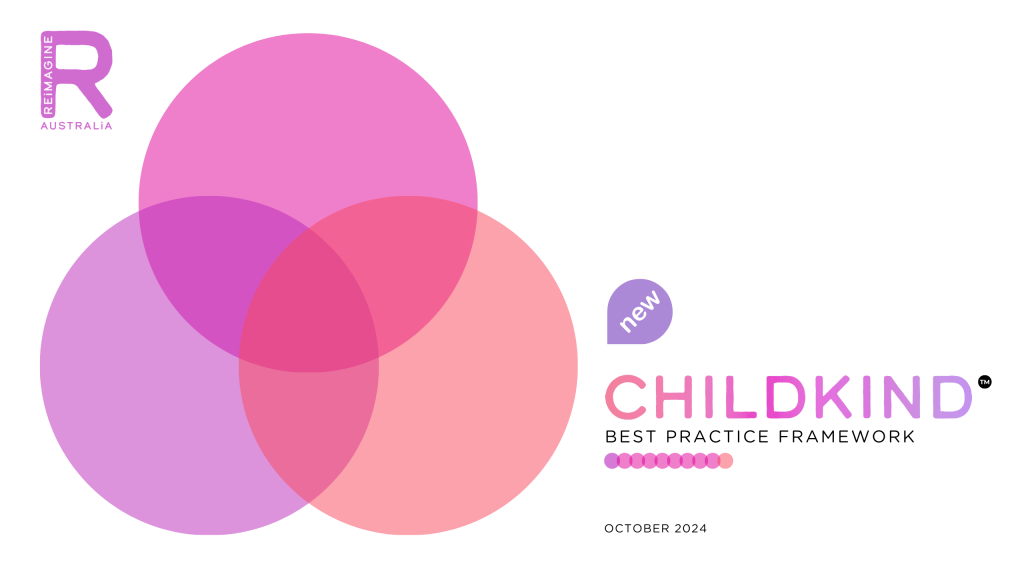KEY COMPETENCY 8.3 – LEARN AND GROW
“I will prioritise self care to maintain my wellbeing and effectiveness in supporting children and families.”
Referrals and Other Support is the third competency under the ‘Learn and Grow’ Way of Working, and relates to the ‘design and delivery of services and supports‘ phase of the child’s early developmental support journey. It is important for:
Well-Being: Practitioners who prioritise self-care are better equipped to maintain their physical, emotional, and mental health, ensuring they can provide effective support to children and families.
Preventing Burnout: Regular self-care practices help mitigate stress and prevent burnout, allowing practitioners to sustain their energy and passion for their work.
Role Modelling: By practising self-care, practitioners set a positive example for families and children, promoting the importance of well-being in overall health.
Enhanced Effectiveness: A well-supported practitioner can engage more meaningfully with families, leading to improved outcomes for children.
Self care involves intentionally prioritising personal well-being to maintain the physical, emotional, and mental health necessary to effectively support children and families. It includes practices that reduce stress, prevent burnout, and sustain a sense of fulfilment in professional roles.
Research highlights the importance of self care in reducing burnout and maintaining the long-term effectiveness of practitioners in early childhood settings. Additionally, it stresses the need for systemic support for self care in the education profession, advocating for policies that promote mental health and wellbeing.
Research and Further Reading:
Ng, J., Rogers, M., & McNamara, C. (2023). Early childhood educator’s burnout: A systematic review of the determinants and effectiveness of interventions. Issues in educational research, 33(1), 173-206.
Kapu, A. N., Card, E. B., Jackson, H., Kleinpell, R., Kendall, J., Lupear, B. K., … & Dubree, M. (2021). Assessing and addressing practitioner burnout: Results from an advanced practice registered nurse health and well-being study. Journal of the American Association of Nurse Practitioners, 33(1), 38-48.
COMPETENCY MILESTONES
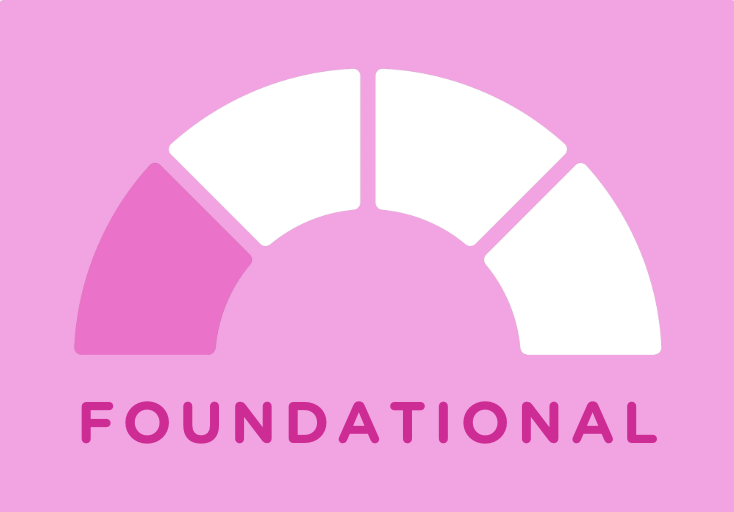
I am able to:
Manage personal physical, mental, and emotional health to maintain optimal support capability, leveraging emotional intelligence.
Implement basic self-care practices to sustain professional resilience and effectiveness in supporting children and families.
Recognise the importance of self- care in maintaining professional boundaries and ethical practice standards.
Seek out organisational support and resources early to address personal wellbeing needs.
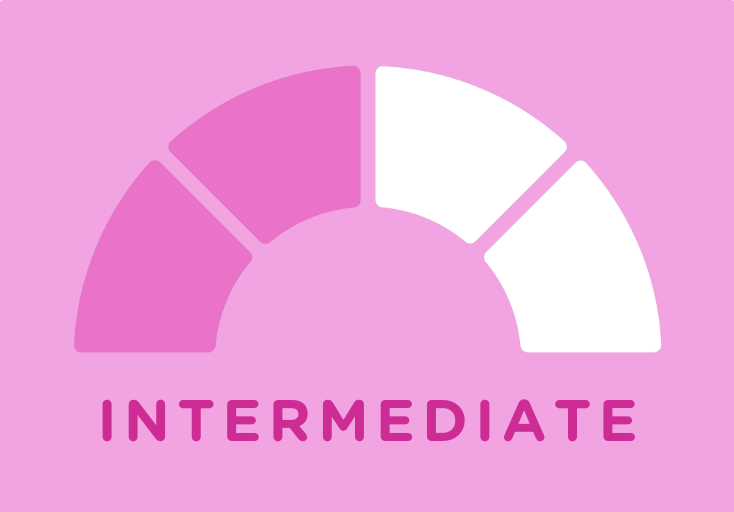
I am able to:
Integrate advanced self-care strategies into daily routines, enhancing personal resilience and wellbeing to manage stress effectively.
Advocate for organisational support and resources to promote a culture of self-care among colleagues and team members.
Balance professional responsibilities with personal health needs, fostering a sustainable approach to caregiving and support.
Proactively seek organisational support and resources to enhance personal and professional wellbeing.
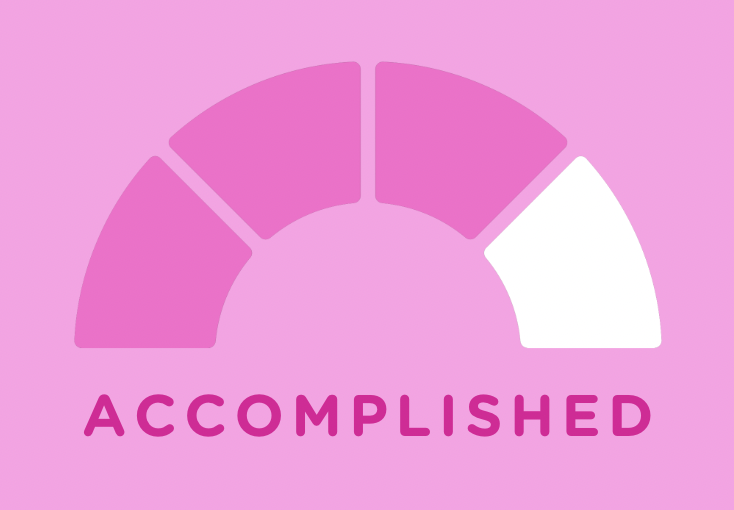
I am able to:
Lead self-care initiatives within teams and organisations, developing comprehensive programs and resources to support staff wellbeing.
Mentor others in self-care practices, providing guidance and support to promote healthy work-life balance and emotional wellbeing.
Advocate for systemic changes to embed self-care principles in organisational policies and practices, ensuring sustainable support environments.
Advocate for manageable workloads and boundaries to ensure well-being while maintaining balanced support for children and families.
Recognise and address the support needs of others, including colleagues and families, while maintaining personal well-being.
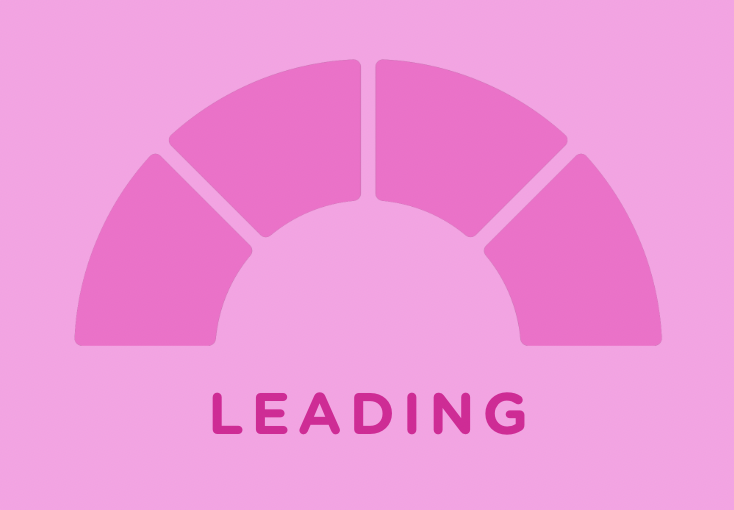
I am able to:
Seek out emerging self-care frameworks and initiatives, pioneering new approaches to enhance wellbeing and resilience across the sector.
Influence sector-wide policies and practices to prioritise staff wellbeing and self-care, driving cultural change and organisational support.
Collaborate with industry leaders and stakeholders to advocate for national standards and guidelines on self-care in caregiving professions.
Proactively identify and address self- care needs for colleagues and families, fostering a supportive environment and implementing strategies to promote well-being.
Reflection questions are a valuable tool for practitioners, promoting self-awareness, critical thinking, continuous improvement, and stronger relationships in their work with children and families. Below are some reflection questions for Key Competency 8.3: Self Care:
How am I prioritizing my own well-being while supporting others?
What self-care strategies have I found most effective in maintaining balance?
Am I creating clear boundaries to protect my personal time?
Taking care of yourself is not a luxury but a necessity. Practitioners who prioritize self-care are better equipped to support the needs of others.
(Brown, 2021, p. 18).
Access more information on the ChildKind Best Practice Framework with its 10 Ways of Working, 30 Key Competencies and 8 supporting Values and Behaviours here:
